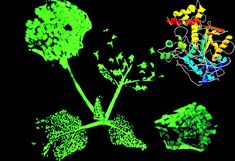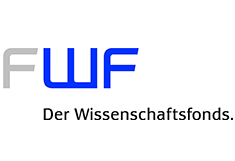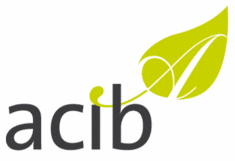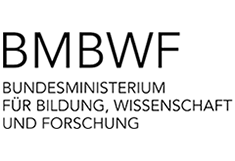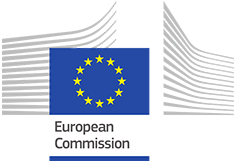Herta Steinkellner
Molecular Plant Biotechnology
Overview
Overview
Recombinant glycoproteins (like monoclonal antibodies) are important pharmaceutical products, with correct N-glycosylation being a central quality parameter. This requires tight control over this important post translational modification in the production procedure.
Leader: Ao.Univ.Prof. Mag. Dr. Herta Steinkellner
Orientation
Cell- und protein engineering in the context of glycosylation.
By engineering cells or entire organisms such as plants, the properties of recombinant proteins can be designed for “optimized” efficacy. In this context, the Steinkellner laboratory studies N-glycosylation through pathway and protein engineering. Innovations in synthetic biology and engineering strategies are used with the aim to study and produce highly effective bioactive components, with special focus on antibodies.
Key points:
- Synthetic Biology to improve the yield and quality of recombinant proteins
- Protein engineering: production of biologically active recombinant biologics, with emphasis on monoclonal antibodies
- Glyco-engineering: genome engineering to elucidate the biology of glycosylation
- Metabolic engineering of the biosynthetic pathways in the context of glycosylation
- "Cross phylum genetics": this involves the transfer of genetic material from one phylum to another to transfer specific traits from one organism to another (in this case to modify plants).
Curriculum Vitae
Projects
Publications
Author profile by Google scholar and Scopus:
https://scholar.google.com/citations?hl=de&user=OWlJlEsAAAAJ&view_op=list_works&sortby=pubdate
https://www.scopus.com/authid/detail.uri?authorId=7003823908
Funding Agencies
Selected international collaborations:
- Medical School Hannover, GER (contact: Rita Gerardy Schahn)
- University of Erlangen-Nürnberg, GER (contact Falk Nimmerjahn)
- University of California, Irvine, USA (contact: Johannes Gach/Donald Forthal)
- Biodesign Institute - Arizona State University, USA (contact: Qiang Chen)

